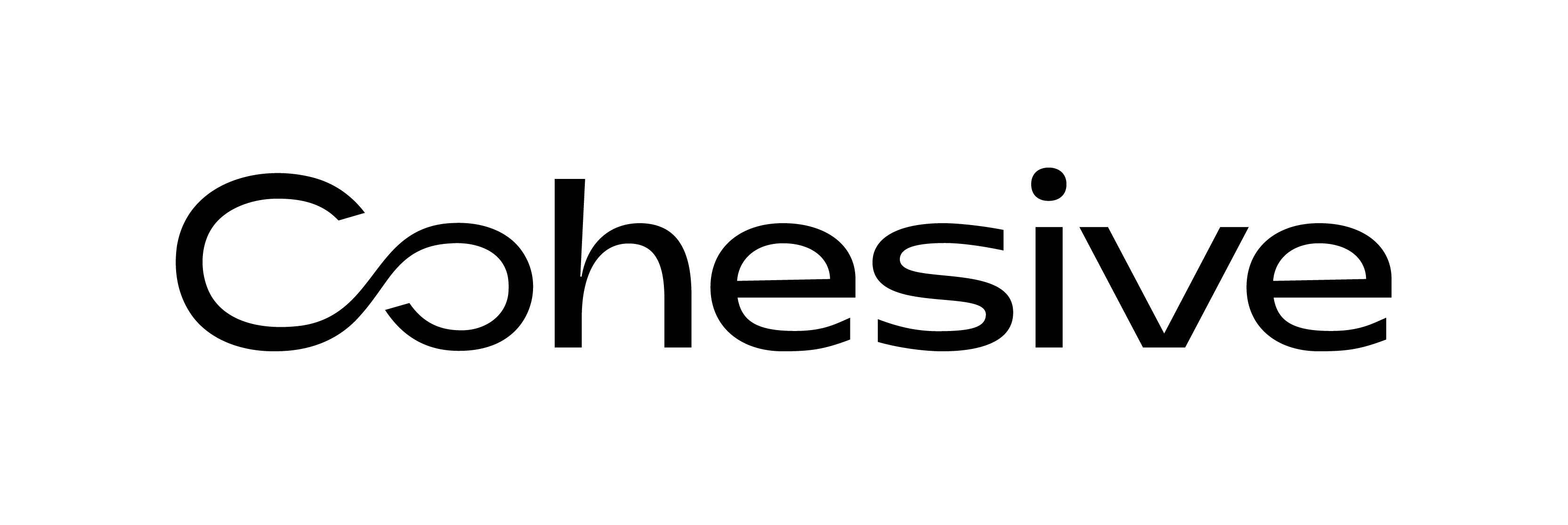
In the latest in our Women in Science, Technology, Engineering & Maths (STEM) series, we meet Debbie Smith, Director of Services (APAC).
During a 37-year career Debbie has helped clients as varied as Crossrail and the United Kingdom’s Royal Household to effectively manage their information.
She chats with us about rigorous asset management… & royalty.
Was this always your intended career path?
I had intended to go into marketing but started my career journey instead in something that was far from it – as a data typist. I worked in the configuration management department of an engineering firm formerly called Grinaker Electronics, now called Saab
They designed and manufactured telecommunications products for the defence industry in South Africa.
I was fascinated by the method and principles of what was needed to manage the design, manufacture, and support of products – so the product lifecycle bug bit and the rest is history.
You’ve crossed continents?
Yes. In the early 1990’s the engineering firm I worked in at the time was the ‘beta site’ for the predecessor of the Bentley Systems product now known as AssetWise Lifecycle Information Management (ALIM). This is an asset information management system used predominately for design and operations across multiple industries and asset types.
In 1998, I was offered the opportunity to move from South Africa where I then was, to the UK to share my knowledge and configuration management experience using this software application to a ‘reseller’ in the UK to help them expand their configuration management business.
From South Africa, to Ealing, West London, was a big culture shock – not least in terms of the weather. But it was exciting.
It also showed me that, regardless of where you are, or what industry you are in, the information challenges are the same.
In 2013 I relocated again, to Perth, Australia, to work with the team in APAC to help grow the AssetWise ALIM business in this region.
What does your role involve now?
I work with owner operators across industries who maintain and operate large assets.
Typically they come to us because of the pain points they are experiencing in managing their asset information. This is often down to many silos of information, duplication of data and poor handover of asset information from projects into operations.
We work with them to review their business processes, data and information management requirements as well as their technology. We help them to see how they can get real value from their data and achieve optimal performance from their assets as a result.
Do you specialise in any sectors?
I have been extremely fortunate to work in all sectors. This is because the solutions and processes we help put in place solve business challenges which are common across all industries. Our expertise lies in asset information management across the full lifecycle, irrespective of sector.
Most memorable projects?
Well, one stands out for its sheer surreal-ness. I was working for an organisation which was called in to support the Royal Household with the management of its records – making sure records were efficiently captured, organised and maintained.
This involved workshops and project delivery actually in Buckingham Palace. Not something I will forget!
Another stand-out project for me was Crossrail (London’s East West train line now known as the Elizabeth line). I was a Lead Consultant working with an incredible team on the design, configuration, deployment and support of their integrated common data environment (CDE).
Like many major programmes, Crossrail has had its critics?
It has – but there is no doubt that this programme changed the landscape for digital design and construction in the UK and demonstrated its importance and value to large infrastructure programmes.
It also demonstrated the importance of standardising information management process. It showed too how critical it was to provide detailed training and onboarding of contractors into the project to enable successful collaboration with the Tier 1 contractors / supply chain to support the progressive handover of information in the CDE.
Really important for our industry is how they took the learnings – good and bad – and have gathered them centrally in the Crossrail Learning Legacy for anyone to access.

”Regardless of where you are, or what industry you are in, the information challenges are the same.








